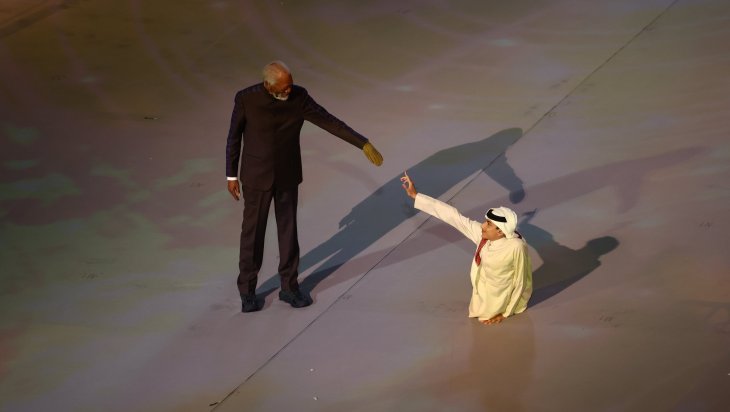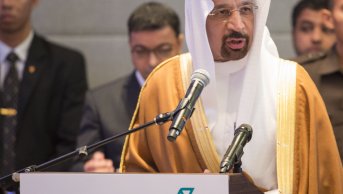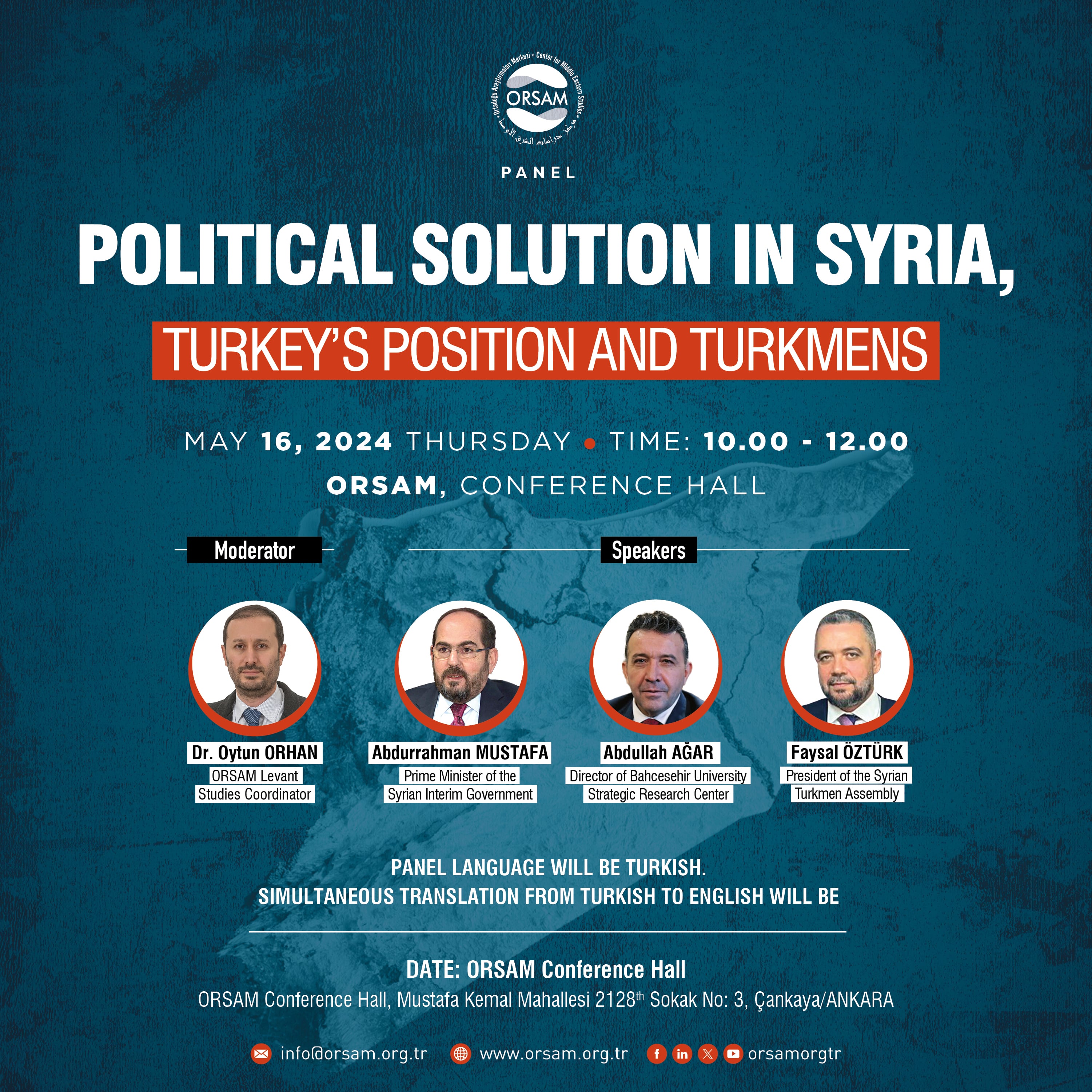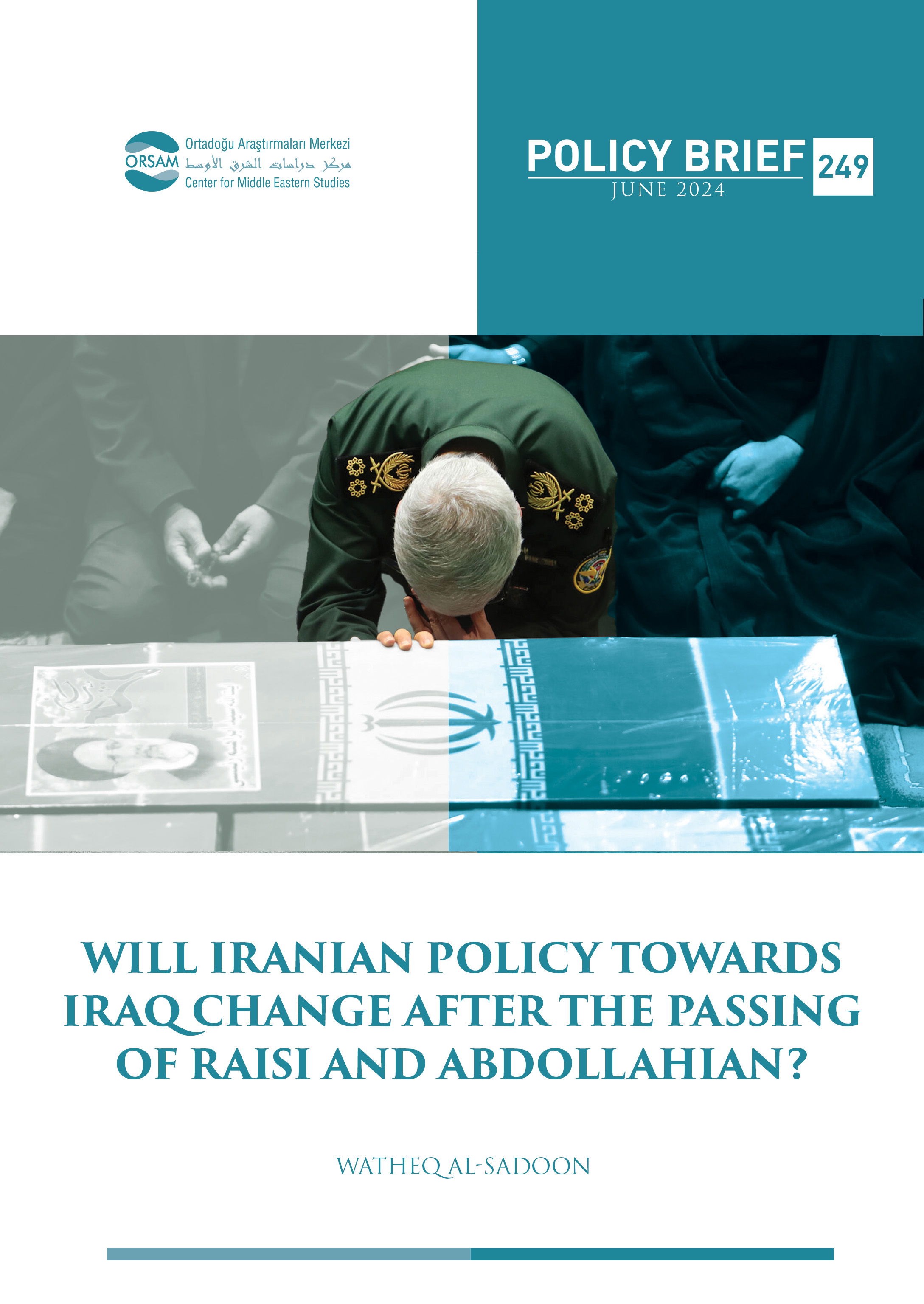Is It Just About Football?

Yesterday, I attended my first ever FIFA football game between Qatar and Senegal at Al Thumama stadium. I’m not a typical football fan, but given the festive vibes in the country and the media frenzy around the event, I was motivated to witness the game in action. But my experience in the stadium watching the game live with the hyped football fans, and the preparation and organization of the matches was an eye-opening experience that gave me new insights about this large-scale international sporting event. As a social scientist, I have been analyzing and studying FIFA and football from an academic perspective, focusing on the politics of the game and sporting institutions like FIFA. Although it is true that FIFA is deeply rooted in the politics of nation building and has roots in colonial legacies. The experience on the ground has shown me that this game carries the potential to bring people together from different cultures.
However, unfortunately, the same game that can bring people together through meaningful experiences of cultural exchange can also be used as a proxy to fight wars of ideologies. Sports has commonly been described as political theater and fighting war without weapons. Now, given the present-day sociopolitical realities, wars are fought through media and the digital world. This is exactly what has happened in the lineup for FIFA 2022. Throughout the past year, the media coverage of Qatar, the first ever Arab Muslim country to host FIFA, has been mostly negative, with arguments for why the world should boycott the event. Now, although it is not the concept of criticism that is problematic, but the kind of orientalist, Euro-centric narratives that are being created through the media have painted a picture of the country as unworthy of hosting such a game.
These media outlets- mostly from North European countries and the USA, such as the Guardian, BBC, CNN, and Fox News, have articulated a narrative of moral policing and superiority, brushing over the abuses of human rights in their own countries. The paradox is that the inherently violent histories and colonial legacies of football as a sport introduced to colonies through the colonizers, specifically Britain, are conveniently taken out of the equation. The BBC refused to broadcast the opening of FIFA 2022, which was full of powerful messages. This was a clear statement of hypocrisy and a decision to disengage with a different cultural context. More importantly, it was also a very clear statement of a rather neo-colonial attitude toward imposing one’s own beliefs on other people and cultures through soft power.
The hypocrisy of media outlets and numerous journalists was obnoxiously evident in that the same institutions had a very different narrative about coverage of Russia hosting the FIFA World Cup despite their poor human rights record, invasion of Crimea, and bombing of Syria, as well as the coverage of the Olympics in China, a country that committed genocide against the Uyghurs. What is particularly astonishing is that these news channels not only claim to boycott Qatar but also actively engage in creating a counter narrative that is intentionally promoting a more negative and ill-informed view of FIFA events in Qatar. This seems like an obvious attempt to sabotage the image of the country and to create misinformation about FIFA 2022. Some media outlets would report on how stadiums are empty or built by ‘modern day slaves’ while ignoring how many European companies benefited from such exploitations. Others would report on how fan zones are like ghost towns, despite the fact that they were packed with people on the ground. Such a stark hypocrisy is not only generated by the media but is also embodied by political figures and football teams like Germany. The German interior minister smuggled the one-love band to Qatar and quite unapologetically wore it during the match between Japan and Germany. As a political figure responsible for law enforcement in her country, she saw no problem in breaking the laws of a different country. This attitude reeks of white privilege and double standards.
Germany has a growing issue of racism and Islamophobia but also an issue with freedom of speech, as protests supporting Palestine are currently not permitted. Similarly, the German team protested on the ground about the lack of freedom of speech in Qatar, while one of their own players, Ozil, was being quieted during his criticism of the genocide of Uyghurs in China. Looking at the current political tug-of-war vis-à-vis sports, I’m reminded of the book ‘clash of civilizations’ which I was convinced should not be taught in classes anymore. I was hopeful that in the globalized world, our differences would diminish. However, what we are witnessing now is the clash of ideologies, which is being sustained, promoted, and profited from by politicized media giants.
Since the past few years, the criticism of FIFA 2022 has been situated in the human rights narrative based on the migrant worker situation in Qatar. Although such a conversation is incomplete without situating these issues in global migration regimes, capitalist systems, and racial wage systems, it can be a driver of some positive change. In recent weeks the media attacks on Qatar have been mostly about the LGBTQ community. These have been framed in the context of personal freedom without taking into the consideration the socio-cultural context of interpersonal relationships in the country and the region. The questions being asked are all articulated to get a specific answer; if you don’t exactly do what we do, then you’re not welcome.
These narratives also do not take into consideration that different countries in the world have not legalized homosexual marriages, including Ukraine. At its most basic, inter-cultural understanding implies that different cultures have differences, but Euro-centric moral superiority requires all other cultures to adopt certain values in order to be worthy of acceptance and respect. For these reasons, I believe that the FIFA 2022 hosted by Qatar is the most important FIFA event by far. It is also a turning point in the history of FIFA. This World Cup is not only showing us the politics and shortcomings of FIFA’s promises to bring the world together, but it is also putting to test the institution’s claims and values of football in promoting more intercultural understanding.
FIFA in Qatar is also showing us what cultural differences really look like. It is also highlighting the centrality of media giants in creating narratives and promoting certain political agendas rooted in ideologies, as well as the need for a more balanced approach to journalism. The events of the past few weeks have shown us that the concept of ‘objective journalism’ is at best a myth at present. Many reports and news channels do not show the beautiful cultural exchange happening during FIFA, the children outside of football stadiums welcoming guests with coffee and sweets or local people helping the visitors dressing in local attire. It does not show fans having a great time and singing on the metro. Rather, the same supposedly morally superior media outlets would show racist narratives on how certain football fans do not look ‘British’ enough and are hired to show support.
Looking at this erroneous coverage and discourses, one can see the importance of positionality and responsible journalism, but one must also wonder how much of these sensational stories and narratives are truly about football? Is the ‘beautiful’ game hijacked by political agendas, or are the manifestations of inherently orientalist, Euro-centric ideas of moral superiority and cultural bias playing out in FIFA 2022?
The article was first published in Turkish in Middle East Analysis Magazine, Vol. 13, No. 120, December 2022, with the title “Mesele Sadece Futbol Mu?”






